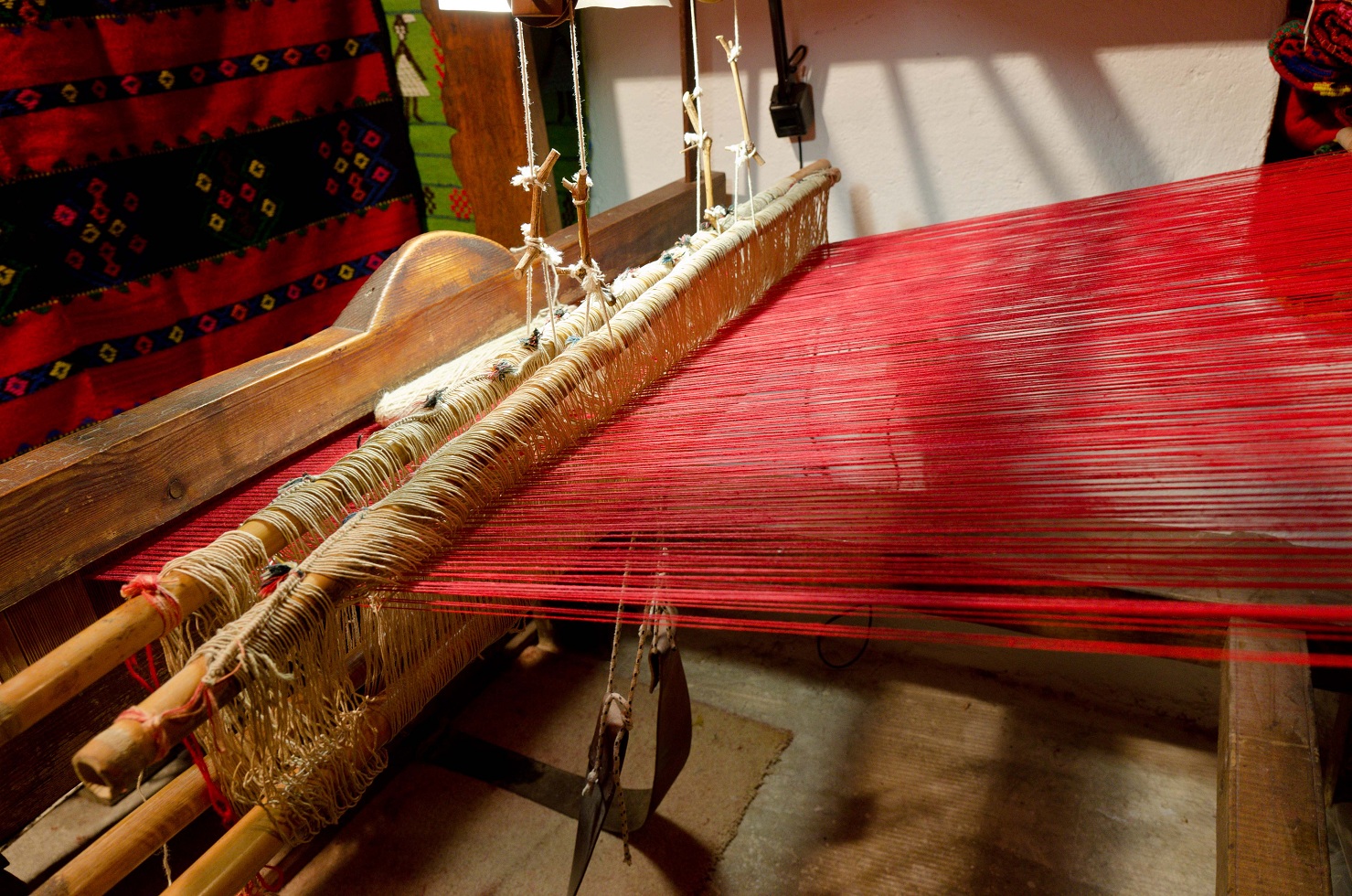Crete, the largest of the Greek islands, is renowned for its rich history, diverse landscapes, and vibrant traditions. As a crossroads of civilizations for millennia, Crete offers a unique blend of cultural influences that continue to shape its identity today. Immersive cultural exchange programs in Crete provide visitors with the opportunity to engage deeply with the island’s heritage, fostering meaningful connections with local communities and gaining firsthand experience of Cretan life.
The Essence of Cultural Exchange
Cultural exchange programs are designed to promote understanding and appreciation of different cultures by facilitating direct interaction between participants and local communities. In Crete, these programs encompass a wide range of activities, from language immersion and traditional crafts to culinary experiences and agricultural practices. By participating in these programs, visitors not only learn about Cretan culture but also contribute to the preservation and promotion of the island’s traditions.
Language Immersion
Language is a key component of any cultural exchange, and learning Greek in Crete offers a unique window into the island’s way of life. Language immersion programs typically involve structured classes combined with opportunities to practice speaking with locals in everyday settings. Whether it’s ordering food in a taverna, shopping at a local market, or engaging in casual conversation, these interactions enhance language skills and deepen cultural understanding.
Participants often stay with host families, which provides an authentic experience of Cretan hospitality. Living with a local family allows visitors to practice Greek in a natural context, learn about daily routines, and participate in family traditions and celebrations. This close interaction fosters genuine connections and a deeper appreciation of Cretan culture.
Traditional Crafts and Arts
Crete has a long tradition of craftsmanship, with skills passed down through generations. Cultural exchange programs often include workshops on traditional crafts such as pottery, weaving, and icon painting. These hands-on experiences allow participants to learn directly from skilled artisans, gaining insight into the techniques and cultural significance behind these crafts.
In pottery workshops, for example, participants can learn how to shape clay using traditional methods, creating their own pieces of Cretan pottery. Weaving workshops offer the chance to work on traditional looms, producing textiles that reflect the intricate patterns and vibrant colors of Cretan designs. Icon painting, a revered art form in Greek Orthodox tradition, involves learning about religious symbolism and techniques used to create these spiritual works of art.
Culinary Experiences
Cretan cuisine is renowned for its flavors and health benefits, rooted in the Mediterranean diet. Culinary exchange programs invite participants to explore the island’s gastronomic heritage through cooking classes, farm visits, and food tastings. Guided by local chefs and home cooks, visitors learn to prepare traditional dishes such as moussaka, dolmades, and dakos.
Farm-to-table experiences are a highlight of these programs, where participants visit local farms and markets to source fresh ingredients. They learn about the importance of olive oil, herbs, and seasonal produce in Cretan cooking. Sharing meals with local families or in communal settings provides a deeper understanding of Cretan food culture and the social aspects of dining.
Agricultural Practices
Agriculture has always been central to Cretan life, and cultural exchange programs often include activities related to farming and sustainability. Participants might join olive harvesting in the autumn, learning about the cultivation and production of Cretan olive oil. Similarly, grape harvesting and wine-making experiences provide insight into Crete’s viticultural traditions.
These agricultural activities are not only educational but also emphasize the importance of sustainable practices. Participants gain a greater appreciation for the hard work and dedication required to maintain traditional farming methods, contributing to the preservation of Crete’s agricultural heritage.
Cultural Festivals and Celebrations
Crete’s cultural calendar is filled with festivals and celebrations that offer a vibrant immersion into local traditions. Cultural exchange programs often coincide with these events, allowing participants to experience the island’s festive spirit firsthand. From religious celebrations such as Easter and the Feast of Saint Titus to cultural festivals like the Rethymno Renaissance Festival, these events showcase Cretan music, dance, and customs.
Participating in these festivals provides a unique opportunity to engage with the local community, enjoy traditional performances, and even join in the dances. These experiences foster a sense of belonging and create lasting memories of Cretan hospitality and joy.
Conclusion
Immersive cultural exchange programs in Crete offer a profound and enriching way to experience the island’s heritage. Through language immersion, traditional crafts, culinary experiences, agricultural practices, and participation in local festivals, visitors gain a deep understanding of Cretan culture. These programs promote cultural appreciation, support local communities, and contribute to the preservation of Crete’s unique traditions. For anyone seeking a meaningful travel experience, Crete’s cultural exchange programs provide an opportunity to connect with the island and its people in a truly authentic and transformative way.


